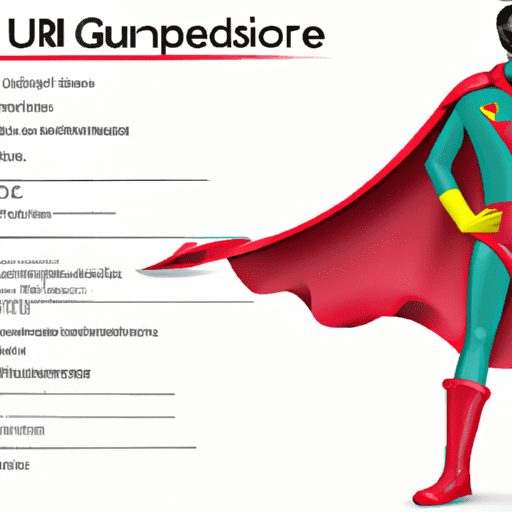When it comes to the job search, having a list of references on your resume can be a game-changer. In today’s competitive market, it’s important to stand out, and a well-prepared list of references can be just the thing to make you shine. But how do you go about adding references to your resume? In this article, we’ll cover everything you need to know, from when to include references to how to notify them and format them like a pro.
Should you list references on your resume?
The answer to this question depends on several factors, such as the industry, the job you’re applying for, and your career stage. In some cases, including references on your resume can be beneficial, while in others, it may not be necessary. We’ll break down when you should and shouldn’t include references on your resume so you can make an informed decision.
When to Include References on Your Resume
– When specifically requested: If a job posting explicitly asks for references, it’s important to provide them. This shows that you pay attention to detail and can follow instructions.
– For entry-level positions: If you’re just starting in your career and don’t have much professional experience, including references can help validate your skills and work ethic.
– When transitioning industries: If your work experience isn’t directly related to the job you’re applying for, references from people who can vouch for your transferable skills or adaptability can be beneficial.
When Not to Include References on Your Resume
– When space is limited: If you’re struggling to fit all your relevant experience and skills on your resume, it’s best to save that valuable real estate for showcasing your accomplishments rather than including references.
– When not requested: In most cases, employers will ask for references later in the hiring process. Providing them upfront can make your resume look cluttered or give the impression that you’re trying too hard.
– When you have limited or weak references: If you’re unable to secure strong references or your references have limited knowledge of your work, it’s better to wait until you’re asked and have time to gather more suitable options.
Should you say “References available upon request”?
You may have seen the statement “References available upon request” on resumes in the past, but is it really necessary? In today’s job market, this phrase is generally considered outdated and unnecessary. Employers already assume that you have references and that you’ll provide them when asked. Instead of using this space to state the obvious, focus on highlighting your strengths and making your resume as strong as possible.
How to Notify Your References
Notifying your references is an important step in the job search process. You want to choose the right people and ask them to vouch for you in a professional and respectful manner. Here’s how to do it:
How to Choose Your References
– Consider your relationship: Pick people who know you well and can speak to your work ethic, skills, and accomplishments. Former supervisors, colleagues, mentors, professors, or clients can make great references.
– Look for relevance: Choose references who can speak to your abilities in the context of the job you’re applying for. For example, if you’re applying for a managerial role, a reference who can discuss your leadership skills would be ideal.
– Select a mix of references: Aim for a diverse group of references that can provide different perspectives on your abilities. Include a mix of supervisors, peers, and subordinates if possible.
– Check their availability: Make sure your chosen references are available and willing to provide a positive recommendation. Confirm that they have the time and can be easily reached by potential employers.
How to Ask People to Be Your References
Once you’ve identified the ideal candidates to be your references, it’s time to approach them. Here’s a sample email template you can use:
Subject: [Your Name] – Request for a Professional Reference
Dear [Reference’s Name],
I hope this message finds you well. I am currently in the process of searching for a new position as a [Job Title] and am putting together a list of professional references. Given our positive working relationship at [Company Name] and your firsthand knowledge of my skills and accomplishments, I was hoping you would be willing to serve as a reference for me.
The position I’m applying for requires expertise in [specific skills or experience related to the job]. I believe your perspective on my [mention specific projects, skills, or experiences you worked on together] would be particularly valuable in highlighting my

